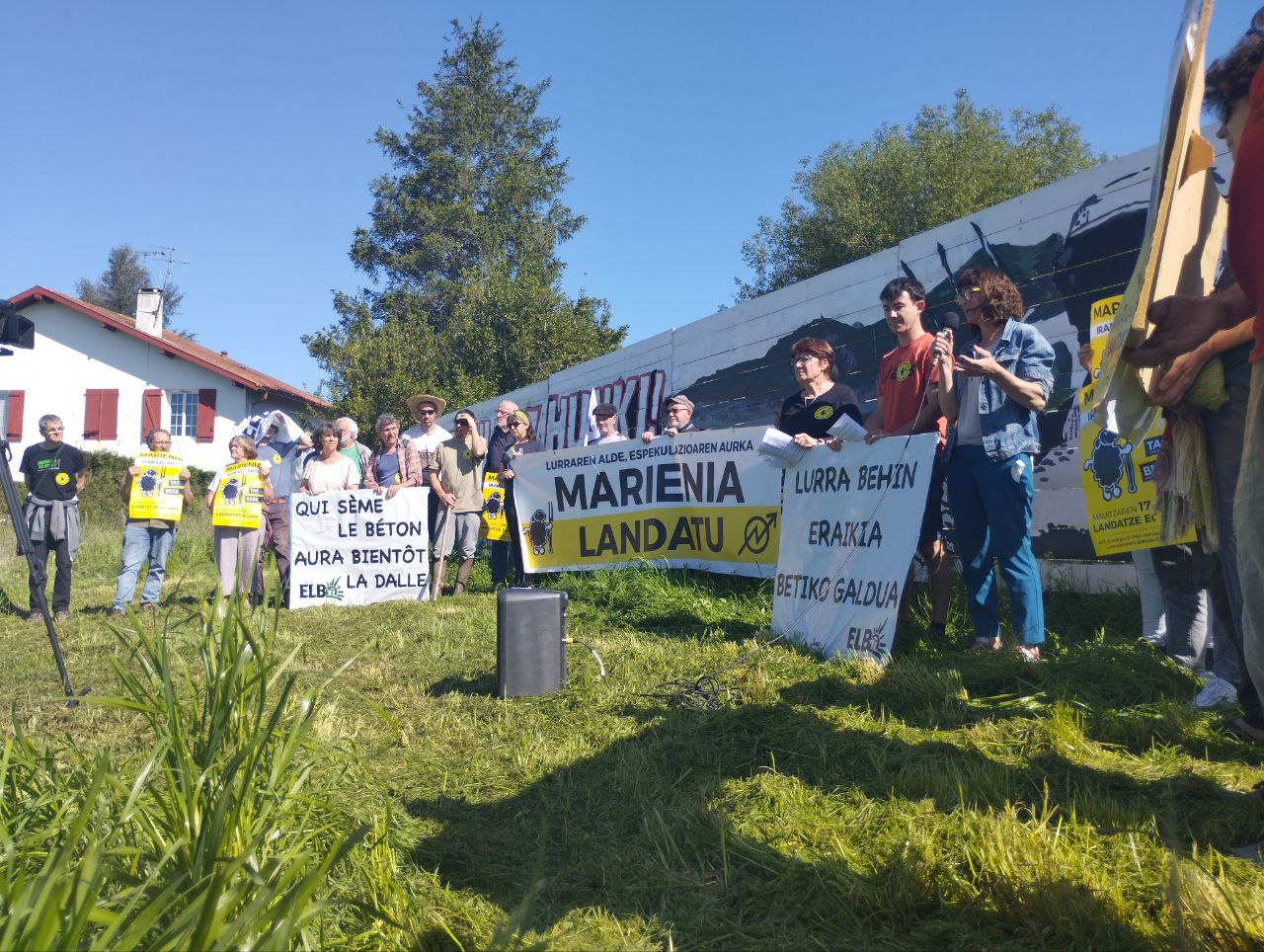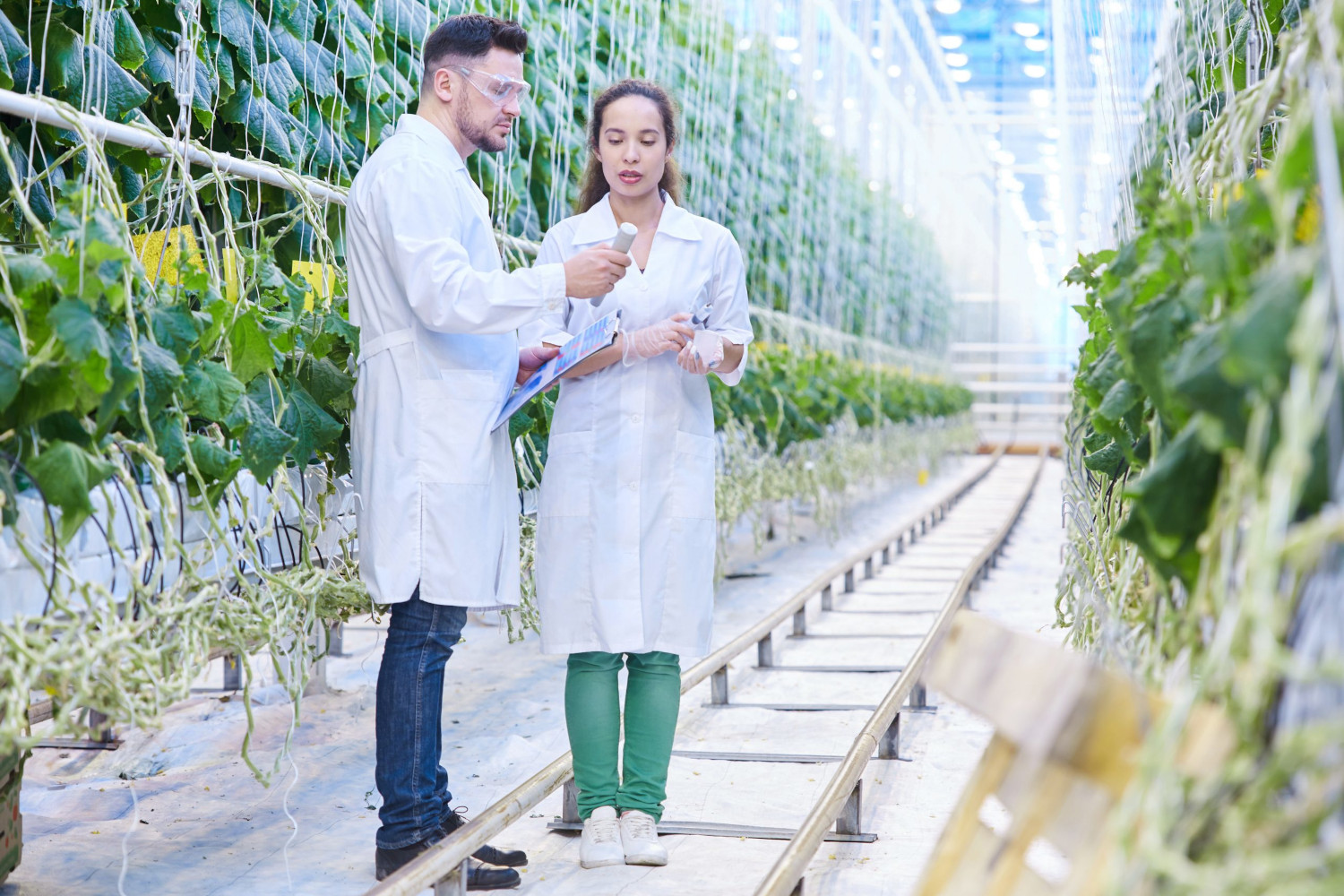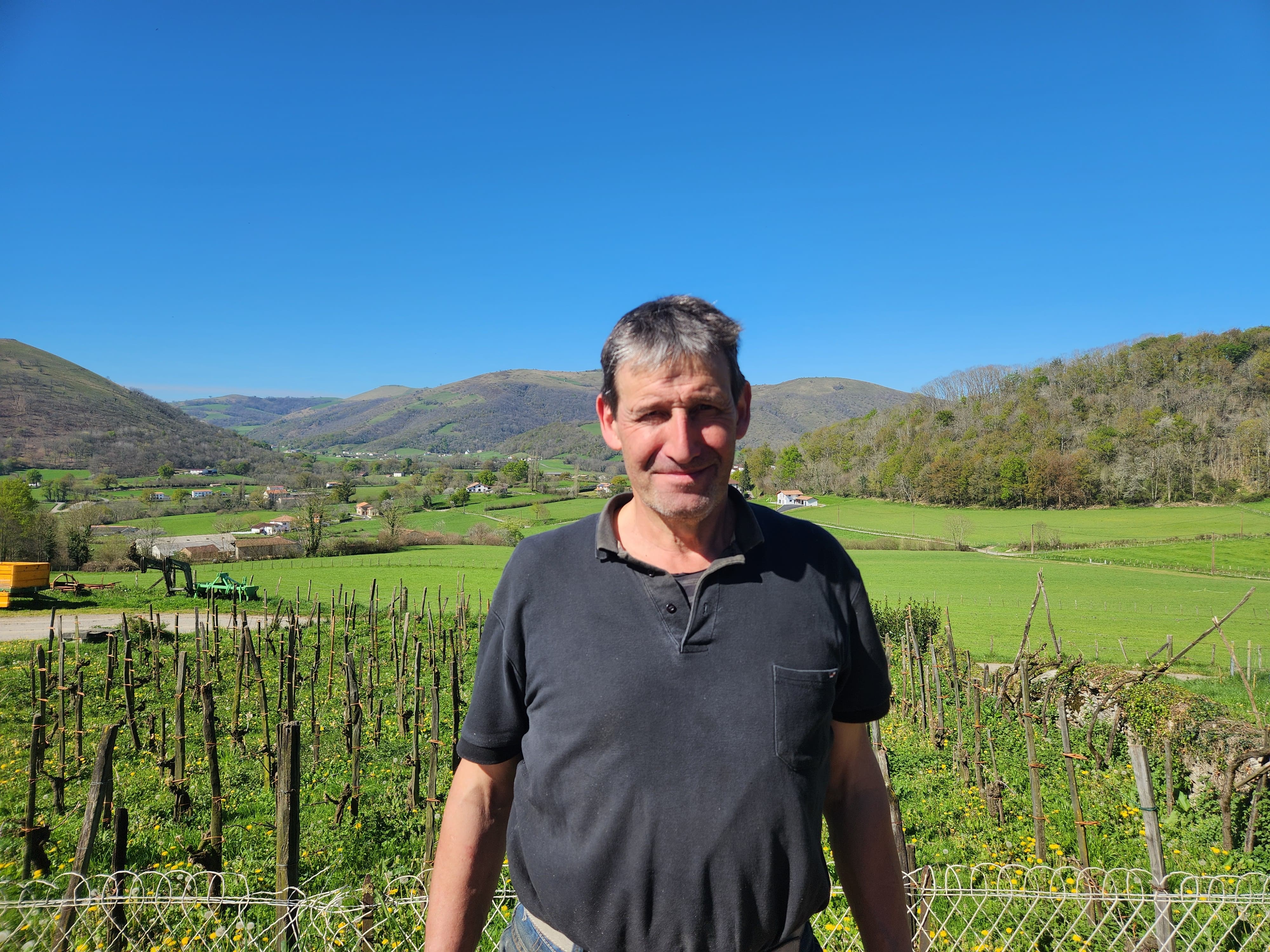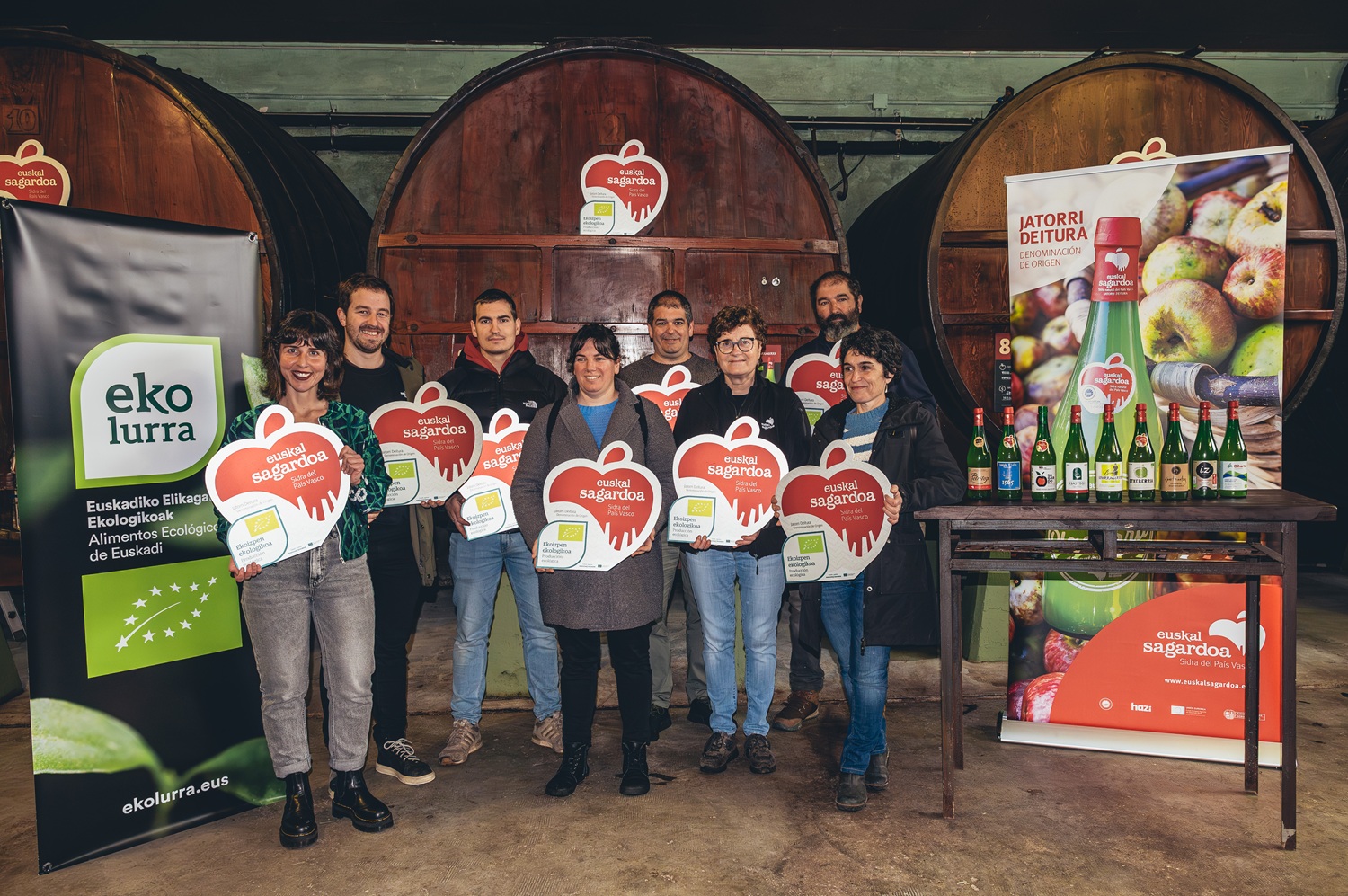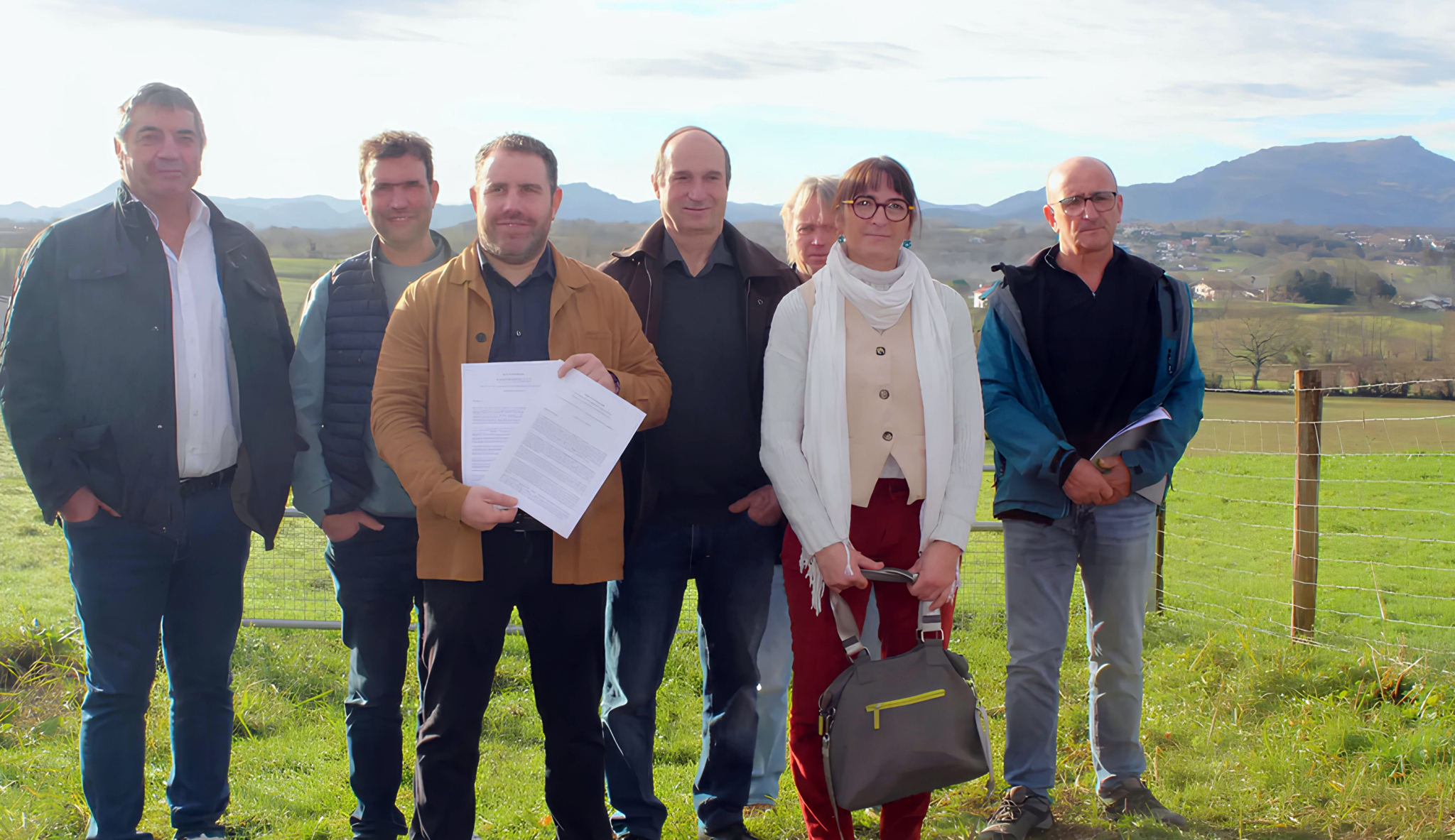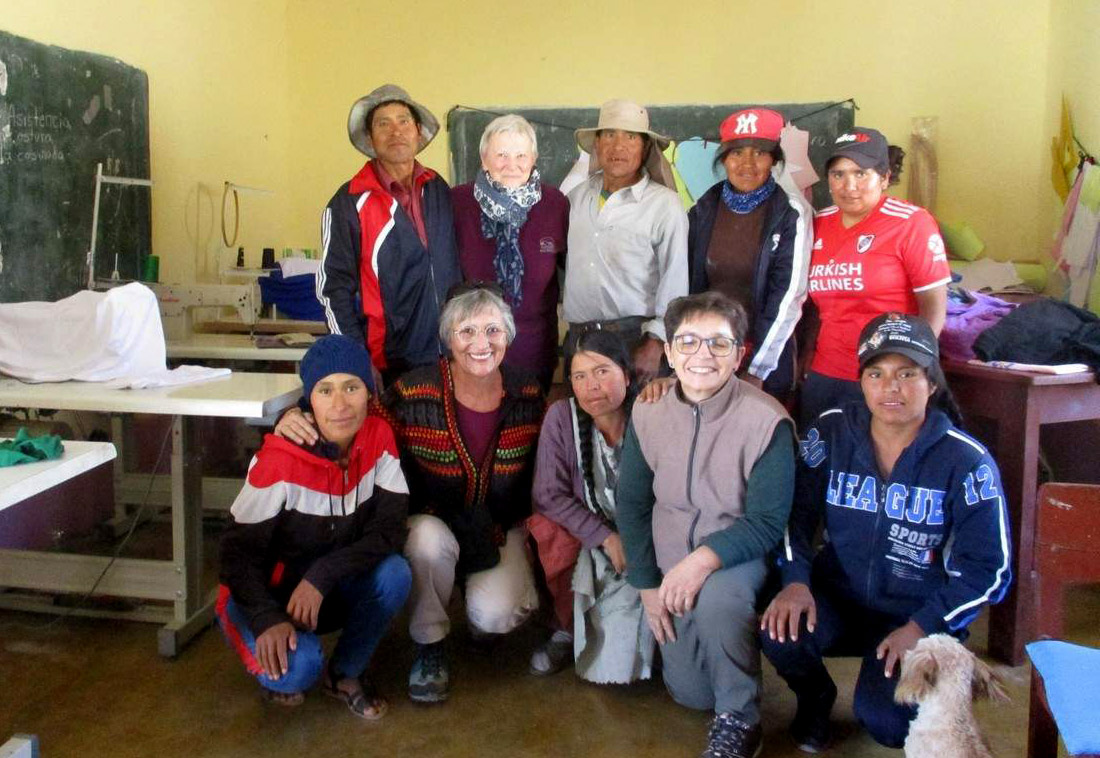Analysis of the farmer of a small farm with protests from tractors
- Gorka Menéndez is a farmer and Botany at the UPV. On social networks he has opened this thread of messages that places the peasants' protest against tractors.

"The primary sector is revolutionised and tractors have also begun to take roads.
I, as a farmer on a small farm, find it interesting to make some thoughts on this protest.
In view of the mobilisations that have spread from Europe in recent weeks, we saw yesterday the first official movement of the European Union. Even though the goal was to reduce the use of pesticides and agrochemicals, it was to reject the law. Look! Is the farmers' claim to be able to continue using poison in our food and land? Yes and no. And here we must highlight the first: Behind this category of "peasants" lies an immense mix of actors and individuals with totally opposite political and social interests and perspectives. The "peasant" group with the most impact and capacity to mobilize the Spanish State has published a list of claims of 12 points. And among them:
- First: Reduce the requirement of the new CAP in agri-environment. (Monsanto friendly, glisofate molatxen du)
- Eliminate legislation on the protection of the environment and species. (?!)
- Ambiguous mention of water use (vibration of Doñana)
- Claim to research Climate Geoengineering affecting the sector (No to Climate Change, no, yes to magufism)
Therefore, be very careful with abstract generalist categories such as "farmers" or "primary sector". Of course, we are all those who advocate an agro-ecological and transformative agricultural model. We will join the mobilization called by EHNE Bizkaia in Bilbao on Friday. But cultivating land doesn't equate us with the cryptofascists, the whole fascists or the rural strongmen.
In addition to all this, during these days it has been heard that people are too accustomed to buying cheap food and that they lack the will to buy "quality" and indigenous products. Friends and friends! We are in a capitalist society! The purchasing power of the majority of society (working class) is not determined by the will, but by the seller who receives it. Do we really think people voluntarily buy corrupt toxic tomatoes from Morocco or Almeria? He would not like to buy local organic tomatoes, but with the miserable salary he receives he cannot be allowed. Therefore, it is essential to begin to focus the story beyond the problem of consumption, in the struggle over the living room. This is not individual responsibility for consumption. This is a problem in a certain (capitalist) way of organizing society, production and distribution of social enrichment.
Finally, we must not forget that in our rural area the development of capitalism is total. This imposes certain tendencies typical of the internal logic of the model and, therefore, inevitable. They are not a matter of will or choice, nor of farmers, nor of consumers, nor of politicians at the moment:
- Tendency to concentrate property.
- Continuous increase in production scale.
- Leadership of market competition and a trend towards its implementation at international level, together with the international distribution of the workforce.
- Purely capitalist character of the composition of classes in rural areas: importance of the agricultural proletariat and adequacy of categories with pre-modern meaning (peasant, peasant...)
I would like to stress that if the same logic of capital is not broken, the problems at the heart of the agricultural issue will be repeated over and over again. The struggle must therefore be aimed at the transformations of the whole model of society. Starting with the sectoral keys we need, but not forgetting where the center of the problem lies."
Klima aldaketaren eraginez, munduko lurralde gero eta gehiago idortzen ari dira, milioika pertsonaren jarduera eta bizimoduak kolokan ezarririk. Fenomeno horren frontean dago India erdialdeko Maharashtra estatua, non klimaren berotzeari eta lehortzeari metatu zaizkien oihan... [+]
Euskal Herriko Laborantza Ganberak hogei urte bete ditu. 2005ean sorturik, bataila anitzetatik pasa da Ainiza-Monjoloseko erakundea. Epaiketak, sustengu kanpainak edota Lurramaren sortzea, gorabehera ainitz izan ditu hogei urtez.
Txotx denboraldian eredu ekologikoan ekoiztutako Euskal Sagardoaren eskaintza izango da hainbat sagardotegitan, eta hura bistaratzeko, Jatorri Deiturak eta ENEEK-Ekolurrak kupeletan paratzeko euskarria aurkeztu dute.
Lurraren alde borrokan dabilen orok begi onez hartu du Frantziako Legebiltzarrak laborantza lurren babesteko lege-proposamenaren alde bozkatu izana. Peio Dufau diputatu abertzaleak aurkezturiko testua da, eta politikoa eta sentimentala juntaturik, hemizikloan Arbonako okupazioa,... [+]
203 diputatu alde eta hiru aurka agertu dira martxoaren 11 gauean egin bozketan. Higiezinen agentziak haserre agertu dira, eta bi salaketa aurkeztu ditu FAIN Frantziako Higiezinen Federazio Nazionalak Europako Batzordean. Bata, lege-proposamenari esker botere gehiago jasoko... [+]
Laborantzaren Orientazio Legea pasa den astean ofizialki onartu du Frantziako Parlamentuak. Ostegunean Senatutik pasa da azken aldikoz. Iazko laborarien mobilizazioen ondotik, aldarrikapenei erantzuteko xedea du lege horrek. Aldiz, ingurumenaren aldeko elkarteek azkarki salatzen... [+]
Zubiak eraiki Xiberoa eta Boliviaren artean. Badu jadanik 16 urte Boliviaren aldeko elkartea sortu zela Xiberoan. Azken urteetan, La Paz hiriko El Alto auzoko eskola bat, emazteen etxe baten sortzea, dendarien dinamikak edota tokiko irrati bat sustengatu dituzte.








